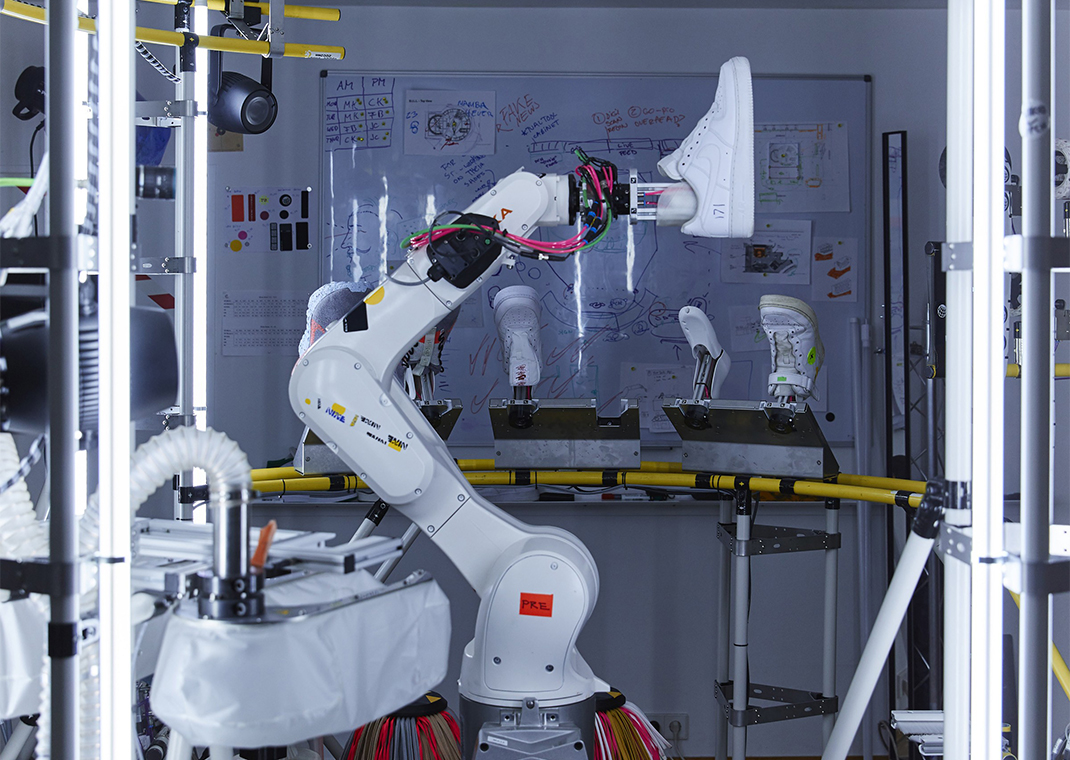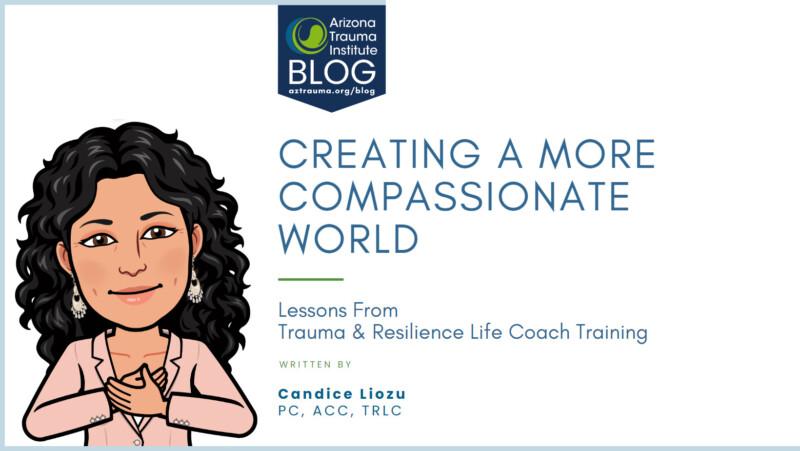The Fracturing Relationship: Understanding The Risks Of A U.S.-China Cold War

Table of Contents
The historical context of the original Cold War, marked by ideological division, proxy conflicts, and an arms race, offers a sobering parallel. While the current dynamic differs in crucial aspects, the potential for a similar pattern of escalating rivalry, mistrust, and confrontation between the U.S. and China is undeniably present. This article aims to illuminate the potential dangers of this trajectory and explore the ramifications for global stability.
Economic Risks of a U.S.-China Cold War
A U.S.-China Cold War would have devastating economic ramifications, far exceeding the impact of any previous trade war. The intricate web of global commerce, deeply intertwined with both nations, would unravel, leading to widespread instability.
Decoupling and Supply Chain Disruptions
The concept of "decoupling" – the separation of the U.S. and Chinese economies – is already underway, albeit slowly. A full-blown Cold War would accelerate this process, causing significant disruptions to global supply chains. Industries reliant on components or manufacturing from both countries, such as technology (semiconductors, electronics), manufacturing (automobiles, apparel), and pharmaceuticals, would face immense challenges.
- Increased production costs: Finding alternative suppliers and establishing new supply chains would be incredibly expensive.
- Trade wars: Expect intensified tariffs and trade restrictions, further disrupting international commerce.
- Reduced global economic growth: The combined economic power of the U.S. and China is undeniable. A conflict would significantly stifle global growth.
- Investment uncertainty: Businesses would hesitate to invest, fearing disruptions and instability.
Financial Instability
The U.S. and Chinese financial markets are inextricably linked. A Cold War scenario would introduce significant uncertainty, potentially triggering financial instability globally.
- Increased market volatility: The prospect of conflict would lead to increased market volatility and unpredictable swings in asset prices.
- Reduced investor confidence: Uncertainty and risk aversion would lead to a decline in investor confidence, potentially triggering capital flight.
- Potential for global recession: The ripple effects of a U.S.-China economic conflict could trigger a global recession, particularly considering the interconnected nature of the global financial system.
Geopolitical Risks of a U.S.-China Cold War
Beyond economics, a U.S.-China Cold War would dramatically reshape the geopolitical landscape, fueling instability and increasing the risk of conflict.
Increased Military Tensions
The South China Sea and the Taiwan Strait are potential flashpoints for military escalation. A Cold War would heighten the risk of accidental war or miscalculation, potentially leading to wider conflict.
- Heightened risk of accidental war: Increased military activity and heightened tensions significantly raise the risk of accidental conflict.
- Increased military spending: Both nations would likely ramp up military spending, further exacerbating tensions and diverting resources from other crucial sectors.
- Regional instability: Neighboring countries would be drawn into the conflict, either through direct involvement or as proxies.
Rise of New Alliances and Blocs
A U.S.-China Cold War would likely force countries to choose sides, leading to the formation of new geopolitical alliances and blocs. This would profoundly impact global governance and international cooperation.
- Fragmentation of global institutions: International organizations like the UN could become increasingly fractured and ineffective.
- Reduced international cooperation: Global cooperation on issues like climate change, pandemics, and nuclear proliferation would likely suffer.
- Increased geopolitical competition: The world would be divided into competing spheres of influence, increasing the likelihood of proxy conflicts and regional instability.
Technological Risks of a U.S.-China Cold War
A key battleground in a U.S.-China Cold War would be technology. The decoupling of technological advancement would have far-reaching implications.
Tech Race and Innovation Slowdown
A "technological Cold War" could emerge, similar to the Space Race, but with potentially more severe consequences. Reduced collaboration would hinder global technological progress.
- Reduced collaboration on technological advancements: The free flow of information and collaboration on research and development would be severely curtailed.
- Slowed pace of innovation: Competition, rather than cooperation, would likely dominate, potentially slowing the pace of innovation across many sectors.
- Potential for technological stagnation: Without collaboration, certain technological advancements might be delayed or never realized.
Cybersecurity Threats
Heightened geopolitical tensions significantly increase the risk of cyber warfare and espionage. Critical infrastructure in both countries would be vulnerable.
- Increased cyberattacks: Expect a surge in state-sponsored cyberattacks targeting critical infrastructure, financial institutions, and government agencies.
- Data breaches: Sensitive information and intellectual property would be at increased risk of theft.
- Potential disruptions to essential services: Cyberattacks could disrupt essential services such as power grids, transportation systems, and healthcare.
Conclusion
The risks of a U.S.-China Cold War are profound and multifaceted. The potential for economic instability, heightened geopolitical tensions, and a technological arms race presents a serious threat to global peace and prosperity. The interconnected nature of the global system means that no nation would be immune to the consequences of such a conflict. Understanding the intricacies of the U.S.-China relationship and the potential for a U.S.-China Cold War is crucial for informed global citizenship. Continue your research and stay informed about this critical geopolitical issue. Seek out resources from reputable think tanks and academic institutions to deepen your understanding of this complex and evolving situation.

Featured Posts
-
 The Death Of Pope Francis The End Of An Era Of Compassionate Leadership
Apr 22, 2025
The Death Of Pope Francis The End Of An Era Of Compassionate Leadership
Apr 22, 2025 -
 Fp Video Deconstructing The Bank Of Canadas Decision To Hold Rates
Apr 22, 2025
Fp Video Deconstructing The Bank Of Canadas Decision To Hold Rates
Apr 22, 2025 -
 Why Robots Struggle To Replicate The Craftsmanship Of Nike Shoes
Apr 22, 2025
Why Robots Struggle To Replicate The Craftsmanship Of Nike Shoes
Apr 22, 2025 -
 Ftc Challenges Microsoft Activision Merger Legal Battle Continues
Apr 22, 2025
Ftc Challenges Microsoft Activision Merger Legal Battle Continues
Apr 22, 2025 -
 Pope Francis His Vision For A More Compassionate World
Apr 22, 2025
Pope Francis His Vision For A More Compassionate World
Apr 22, 2025
